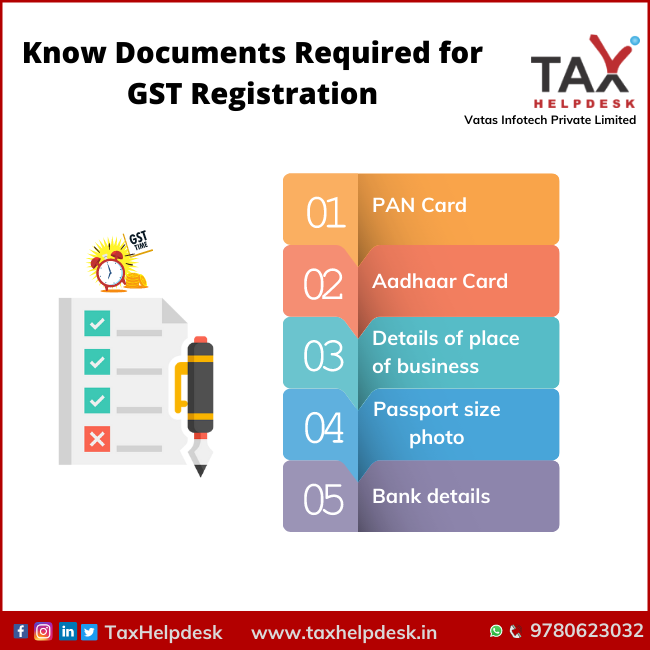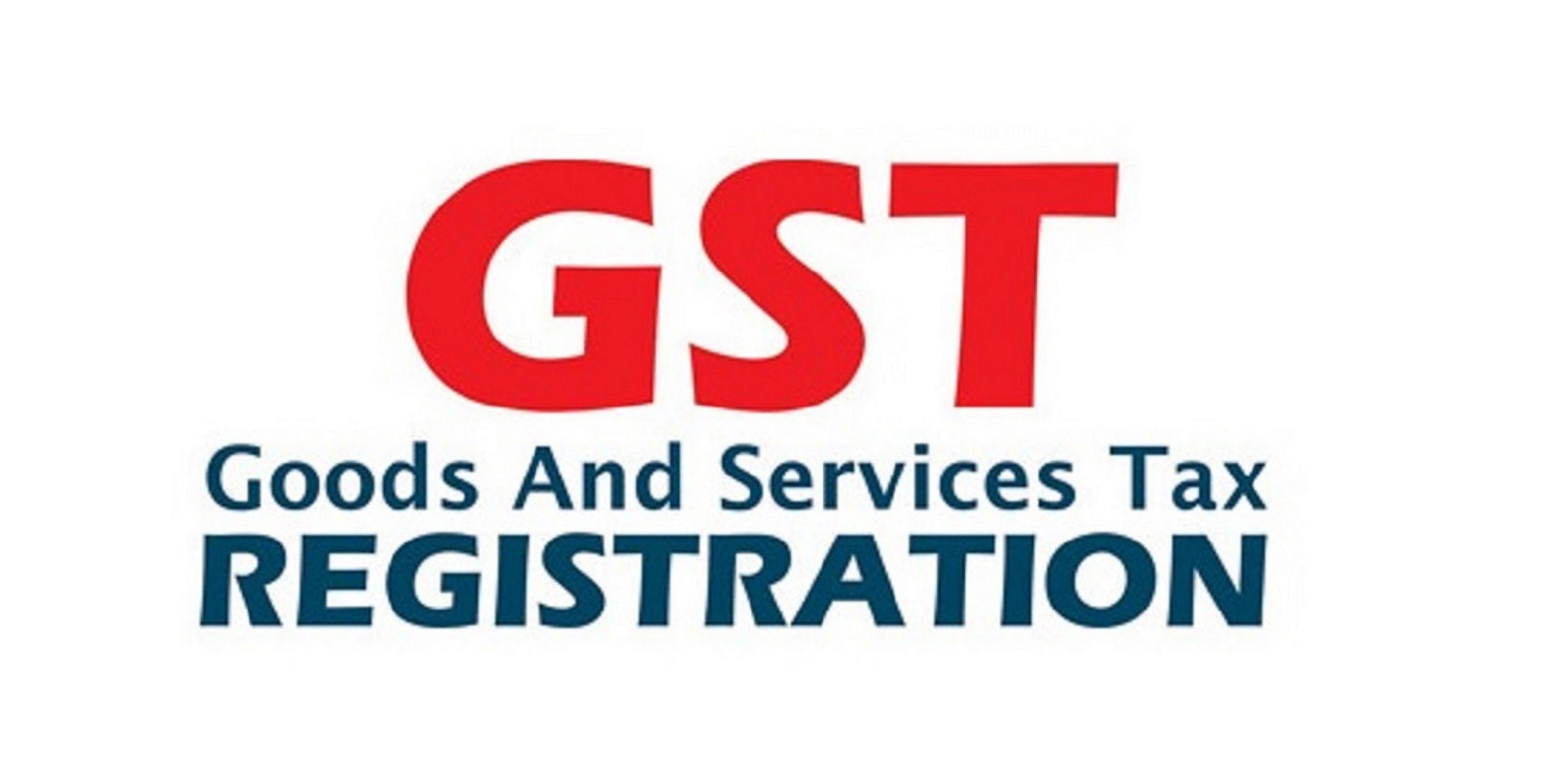Streamlining Your Singapore GST Registration: A Thorough Technique
Streamlining Your Singapore GST Registration: A Thorough Technique
Blog Article
The Ultimate Guide to Streamlining the GST Registration Process and Demands for Local Business Owners

Understanding GST Basics
To comprehend the fundamentals of the Product and Provider Tax Obligation (GST) system, small company proprietors need to initially recognize its underlying principles and ramifications. Under the GST regime, companies are called for to collect and sign up tax obligation on part of the government, making certain openness and conformity.
One of the vital concepts of GST is input tax obligation debt, which permits services to declare credit rating for tax obligations paid on their purchases. This system prevents the cascading effect of tax obligations and promotes performance in the tax obligation system. In addition, GST is a destination-based tax, meaning that the tax obligation is levied at the factor of usage as opposed to the point of beginning. This makes certain reasonable circulation of tax earnings amongst states based upon where the services or items are taken in. Understanding these basic principles is important for small company owners to browse the complexities of the GST system and make sure compliance with the legislation.
Qualification Criteria for Registration
Having developed a foundational understanding of GST principles, tiny service proprietors have to currently meet details eligibility standards to proceed with the registration process. In India, entities participated in the supply of goods or solutions with a yearly aggregate turn over going beyond Rs. 40 lakhs (Rs. 10 lakhs for special category states) are required to sign up for GST. Additionally, certain services such as those associated with inter-state supply of goods, laid-back taxed persons, and those needed to pay tax under the reverse charge system must sign up for GST regardless of their turnover. Additionally, companies that were registered under the previous tax routine (VAT, service tax obligation, etc) are also mandated to sign up under GST. Farming organizations that only supply create out of key manufacturing are excluded from GST enrollment. It is vital for local business owner to meticulously evaluate their eligibility based upon these requirements to make certain compliance with the law and stay clear of any fines for non-compliance.
Papers Required for GST Enrollment

Simplified Registration Refine Steps
Following the collection and verification of the requisite documents, the click reference registration process for GST can be navigated with a series of streamlined steps developed to promote effective conformity for small company owners. The initial step involves visiting the GST portal and selecting the 'New Registration' option. Ultimately, the applicant needs to fill in Part A of the GST REG-01 form with information such as frying pan, mobile number, and e-mail address to acquire an OTP for confirmation. When the OTP is received and gone into, a Temporary Recommendation Number (TRN) is created for additional procedures. The next step needs completing Component B of the type with necessary organization information, posting supporting files, and completing the verification procedure using DSC or EVC. Upon successful verification, an Application Recommendation Number (ARN) is issued, suggesting the completion of the GST enrollment process. By following these simplified steps, small company proprietors can effectively sign up for GST and make sure compliance with tax obligation policies.
Tips for Ensuring Conformity
To keep regulative adherence and functional stability, diligent oversight and aggressive measures are critical in making certain compliance with GST requirements for tiny business owners. Tiny service proprietors need to remain updated with GST regulations, submitting deadlines, and any kind of changes in tax prices to avoid penalties and keep a great standing with tax authorities. Going to GST recognition workshops or training programs can boost understanding and compliance with GST policies, ultimately profiting the service in the lengthy run.
Conclusion
Finally, local business proprietors must understand the basics pop over to these guys of GST, satisfy the qualification requirements, collect necessary papers, and adhere to the streamlined enrollment procedure steps to make sure compliance. By simplifying the GST enrollment procedure and demands, local business proprietors can prevent penalties and operate their companies efficiently within the lawful framework - Singapore GST Registration. It is essential for local business proprietors to remain enlightened and certified with GST regulations to maintain an effective organization operation
Tiny company owners seeking GST enrollment have to guarantee they collect and send the required records to finish the enrollment procedure successfully. The papers required for GST enrollment generally include evidence of organization enrollment or incorporation, PAN (Irreversible Account Number) card of the organization address, entity and identification proof of the promoters/partners/directors, pictures, address evidence of the place of business, financial institution account statements or canceled cheques, and permission forms. Going to GST awareness workshops or training programs can enhance understanding and compliance with GST regulations, inevitably profiting the company in the lengthy run.
By streamlining the GST enrollment process and needs, small business proprietors can prevent charges and operate their services efficiently within the legal framework. It is essential for little organization proprietors to remain enlightened and certified with GST guidelines to keep an effective company operation.
Report this page